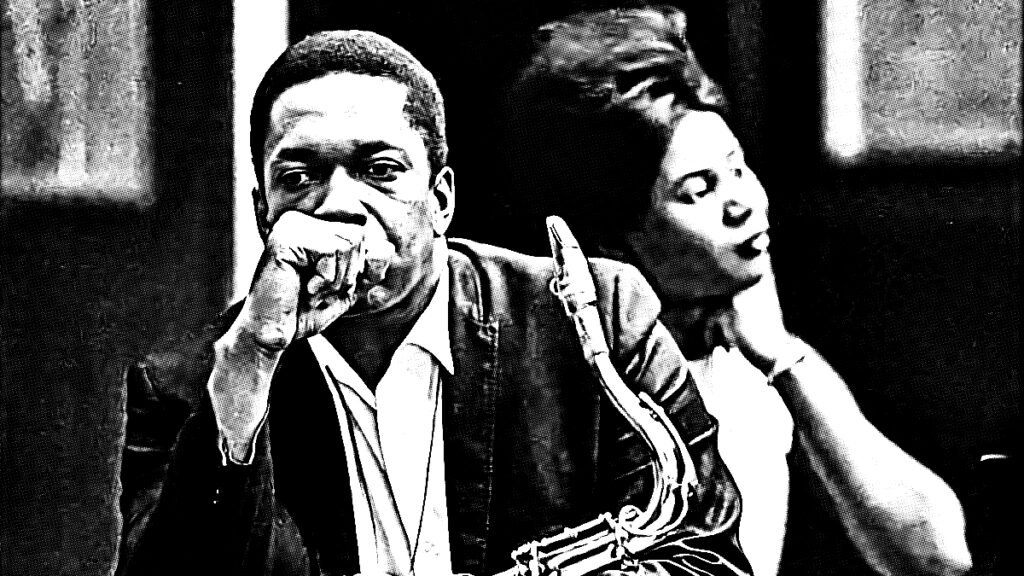Spotify is floating a tool (reportedly called Discovery Mode) that would allow users — labels, artists, and marketing teams — to influence its mysterious streaming algorithm. Importantly, this applies to the algorithm that recommends the music played in Spotify’s non-interactive autoplay functions. Rather than affecting placements in algorithmically determined playlists, the program pushes songs played in ‘radio’ streams. These are the streams of music that automatically play once an album or playlist ends (if you haven’t turned off this feature in your settings) or while using Spotify’s radio functions. It’s like how we usually think of Pandora — an endless stream of songs inspired by a particular artist, album, or algorithmic choices based on a user profile.
Here’s the clincher: To participate, the song selected for algorithmic spotlighting will receive reduced royalties on streams resulting from the program. In other words, on-demand streams from fans intentionally listening to the song on Spotify or hearing it in a playlist are unaffected. Spotify only increases its take on non-interactive (radio) streams of the music that has opted in.
The optics are bad, and Twitter is not amused. It’s no secret that Spotify (and, to be fair, other streaming services) pays out at miserably low rates. Reducing this rate further appears insulting. If we give Spotify the benefit of the doubt, this future fee in exchange for participation is meant as a filter to keep labels and artists from opting in every song in their catalogs. And we could consider the lack of an upfront fee as egalitarian outreach. But less benevolent speculation is more worrying.
First, I must point out that non-interactive streaming — ‘personalized radio’ like the Pandora example — pays out at the lowest royalty rate of all. Without going into the weeds1Here’s a quick explainer., this is a legally mandated difference, and it’s true for every service that has a somewhat unpredictable radio-like component. It’s also why US listeners can’t skip around on Mixcloud — that ability would make the stream ‘interactive’ and the royalties owed would jump significantly. Thus the rate that Spotify pays for personalized radio is already tiny.
In my view, the reduction in the low non-interactive rate for artists won’t make much difference, both in what Spotify gains and the artists lose. That supports the ‘benefit of the doubt’ view. Despite the tone-deaf appearance, Spotify’s decision-makers may feel like this is a gift to artists.
What’s worrying is the possible (and, frankly, probable) expansion of this tool. I don’t know for sure, but I’m guessing an artist opts-in to this program via Spotify’s much-lauded playlist pitching tool in the Spotify For Artists dashboard. When an artist presents a song to Spotify for playlist consideration, I bet we’ll find a box to check for participation and rate-reduction. As this pitching tool is primarily geared toward playlist inclusion, it’s not a stretch to see algorithmic playlists — with their higher per-play rates — becoming a part of the program. Discovery Weekly and Release Radar are obvious candidates, as these are two popular Spotify playlists that are wholly determined by an algorithm. But other popular ‘non-algorithmic’ playlists — think RapCaviar and Your Favorite CoffeeHouse, among others — are starting to mix algorithmic selections within the human curation. Could these playlists become a mix of tastemaker choices sprinkled with paid-for insertions?
Some have pointed out that this isn’t that far removed from traditional record store practices. Labels would often pay stores to feature new releases on the endcaps of CD bins prominently. Of course, others say Spotify’s recommendation-influencing tool is closer to payola. That fits when the program is influencing selections on personalized radio. But once this program starts placing songs in playlists, it’s similar to a new release incentively displayed for discovery in a record store.
It’s easy to see nothing wrong with this. Listening habits and user profiles are recommendation factors, and the algorithms will probably remain weighted to those specs. A paid-for promotion is only another point of influence. If you listen to EDM all day, you’re not going to find death metal in your playlist just because someone paid for it.
But I worry about normalization, not only on Spotify but across all streaming platforms once the genie is set free. And history shows how commerce’s manipulation of art (as loosely defined here) often ends up poisoning the well. If the program’s demand increases, it’s realistic to imagine the ‘paid-for’ metric of the algorithm edging out the other user-defined factors.
Here’s another observation. This program is a new and experimental feature focused solely on music, but it requires little investment from Spotify. There’s not much relative cost in adding the technology to manage this. Correspondingly, the return won’t be enough to make a difference in Spotify’s finances. The contrast is Spotify’s increased investment in podcasts and podcast technology. Of note, just today, Variety announced Spotify’s $235 million purchase of podcast ad-tech firm Megaphone.
Follow those millions. If we believe that Spotify intended this algorithm-influencing feature as a helpful tool for artists, it’s still obvious where the company sees its future. And they’re probably right — I’ve no doubt Spotify will find profit and success as a Netflix-hybrid mixing original ‘audio’ content with a side of music offerings. In that case, that new release endcap display you’re paying for isn’t in a record store — it’s in the music section at Best Buy.
🔗→ Spotify’s new artist tool could boost streams (with a discounted royalty rate)
🔗→ Spotify to offer artists and labels the option to promote their music in your recommendations
🔗→ Promotion or ‘payola’? Spotify faces backlash over new personalised recommendations feature
🔗→ Could Spotify’s New Discovery Mode Be Considered Payola?
